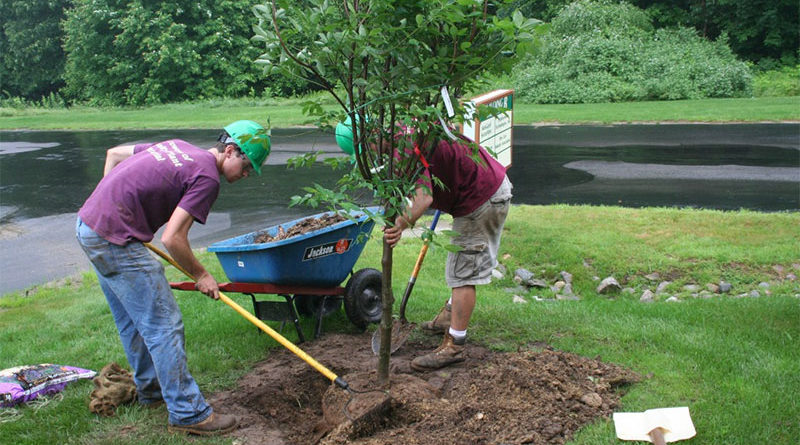Poor soil conditions can be a significant problem for trees, as trees require specific soil conditions to thrive. Here are some of the issues that poor soil conditions can cause:
- Nutrient deficiencies: Poor soil conditions can lead to nutrient deficiencies, which can cause stunted growth, discoloration of leaves, and overall reduced health of the tree.
- Soil compaction: Soil compaction can occur when the soil is too dense, preventing water and nutrients from reaching the tree’s roots.
- Soil erosion: Poor soil conditions can lead to soil erosion, which can expose the tree’s roots and make it more susceptible to damage.
- pH imbalances: Soil pH imbalances can cause nutrient deficiencies and reduce the tree’s ability to absorb nutrients from the soil.
- Toxicity: Poor soil conditions can lead to the accumulation of toxins, such as heavy metals, which can be harmful to the tree.
To address poor soil conditions, it’s essential to consult with a professional tree service to determine the best course of action.
This may include soil testing to identify any nutrient deficiencies or imbalances, and soil amendment to improve soil structure and nutrient availability.
Or the installation of a root barrier to prevent soil compaction or erosion. Additionally, proper tree care practices, such as mulching and regular watering, can help improve soil conditions and promote healthy tree growth.

